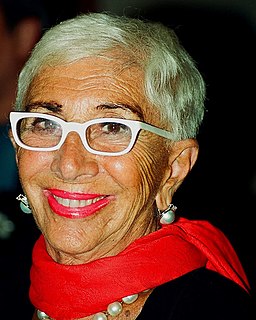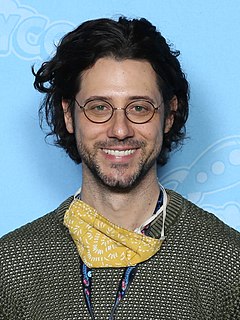A Quote by Juliette Lewis
I normally don't concern myself with, 'Will audiences like me or like my character?'
Related Quotes
I personally feel like people shouldn't have to come out. That, to me, was like a moment for myself where I was coming out to myself with, like, 'Okay, I can be the artist that I want to be, and as long as the music is good, people will accept me. It doesn't matter who I am, what I look like. If the music is good, they will like me. The end.'
I can't not have something attached to like what actually happens in real life. Like I can't do a romantic comedy without there being something where like, in the case of Annie Hathaway's character, her character ends up having Parkinson's, you know? To me, I feel like that's love, you know? Like to me. So every movie has to have that kind of sense of that.
Becoming the character you are playing might work for some, but for me, it doesn't. I always maintain a gap between myself and my character because if I will go so deep into it, it will get difficult for me to come back. You should work towards understanding the psyche of your character and then play it.
There were [in Wilson] a lot of clues in it that you don't normally get, you know, normally you use your imagination or whatever, you get some clues in the script, of course, but yeah, it was really helpful, and I really like the graphic novel. There's stuff in there, there's a couple things in there I really wanted to use that they couldn't get in the movie, but it's definitely, he's a unique guy, you know, I never read a character like this before.


































